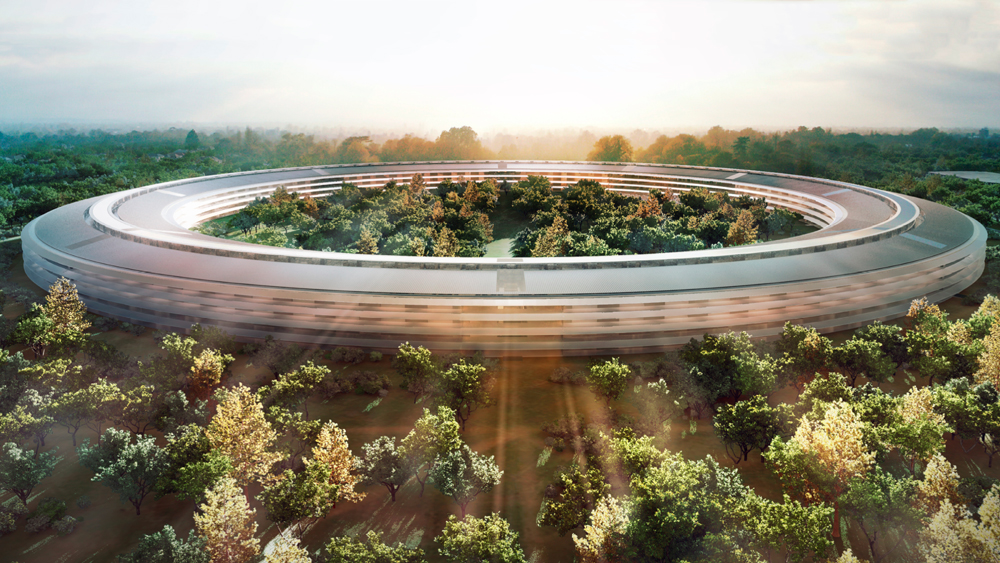Apple attacks 'reckless' US government in final encryption court filing
No holds barred in new documents

Apple has issued a scathing takedown of the FBI's reasons for its court order in the latest development from their highly publicised legal battle.
The Apple vs FBI/US government iPhone encryption debate has been rumbling on for several weeks now, and the Cupertino company has submitted its final batch of documents ahead of a court hearing scheduled for next week. That head-to-head between Apple's attorneys and federal prosecutors could mean Apple is forced to grant the government access to the iPhone 5C used by suspected San Bernardino terrorist Syed Rizwan Farook.
The US authorities had obtained a court order via a little-known 18th century statute called the All Writs Act: if it holds up to legal scrutiny, the order would force Apple to create a special 'GovtOS' version of iOS to provide access to the handset in question. It's a challenge that Apple has managed to successfully fight in an earlier case.
In a blistering counter-argument filed yesterday, Apple described the US government as having a "fundamental misunderstanding or reckless disregard of the technology at issue", adding that the White House and its security agencies have proved to be "adept at devising new surveillance techniques" in the past, Ars Technica reports.
EavesdropOS coming soon?
In short, Apple says the court order goes too far, sets a dangerous precedent and hasn't been shown to be necessary. "Under the government's view, the state could force an artist to paint a poster, a singer to perform a song, or an author to write a book, so long as its purpose was to achieve some permissible end, whether increasing military enrollment or promoting public health," say Apple's lawyers in the new documents.
Furthermore, Apple says once the All Writs Act is accepted as legally compelling, there would then be no limitations to how it can be used: "The government fails even to confront the hypotheticals posed to it... or explain how there is any conceivable daylight between GovtOS today, and LocationTrackingOS and EavesdropOS tomorrow."
It's a case that has attracted interest from all corners of the technology and legal worlds, and we should have a resolution (at least of sorts) next week on March 22. In the meantime, the Wall Street Journal reports that Apple is planning some security upgrades to iCloud in the future to further protect user data from prying eyes, either government-owned or otherwise.
Sign up for breaking news, reviews, opinion, top tech deals, and more.
- Competitors unite: Microsoft backs Apple in its fight with the FBI

Dave is a freelance tech journalist who has been writing about gadgets, apps and the web for more than two decades. Based out of Stockport, England, on TechRadar you'll find him covering news, features and reviews, particularly for phones, tablets and wearables. Working to ensure our breaking news coverage is the best in the business over weekends, David also has bylines at Gizmodo, T3, PopSci and a few other places besides, as well as being many years editing the likes of PC Explorer and The Hardware Handbook.